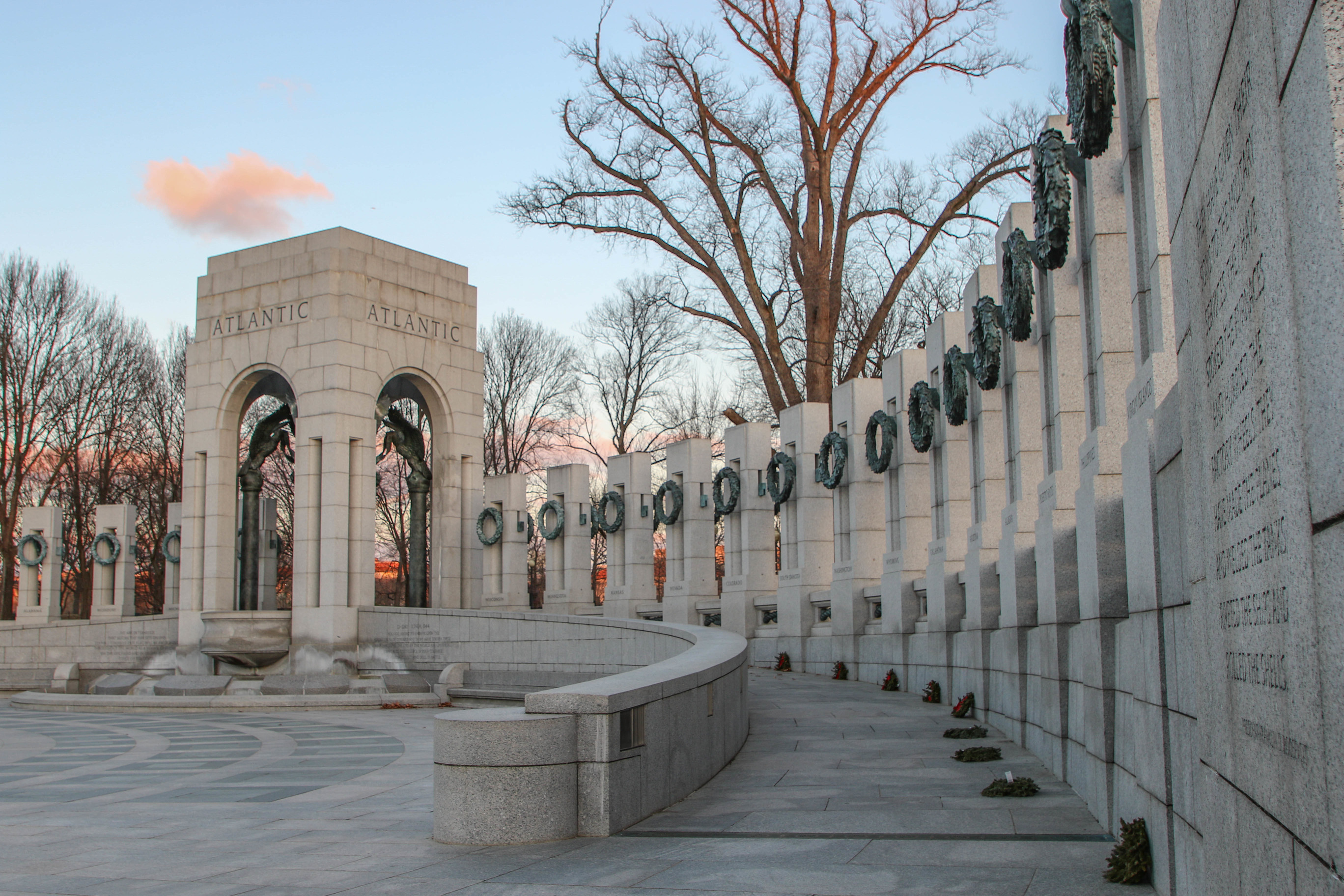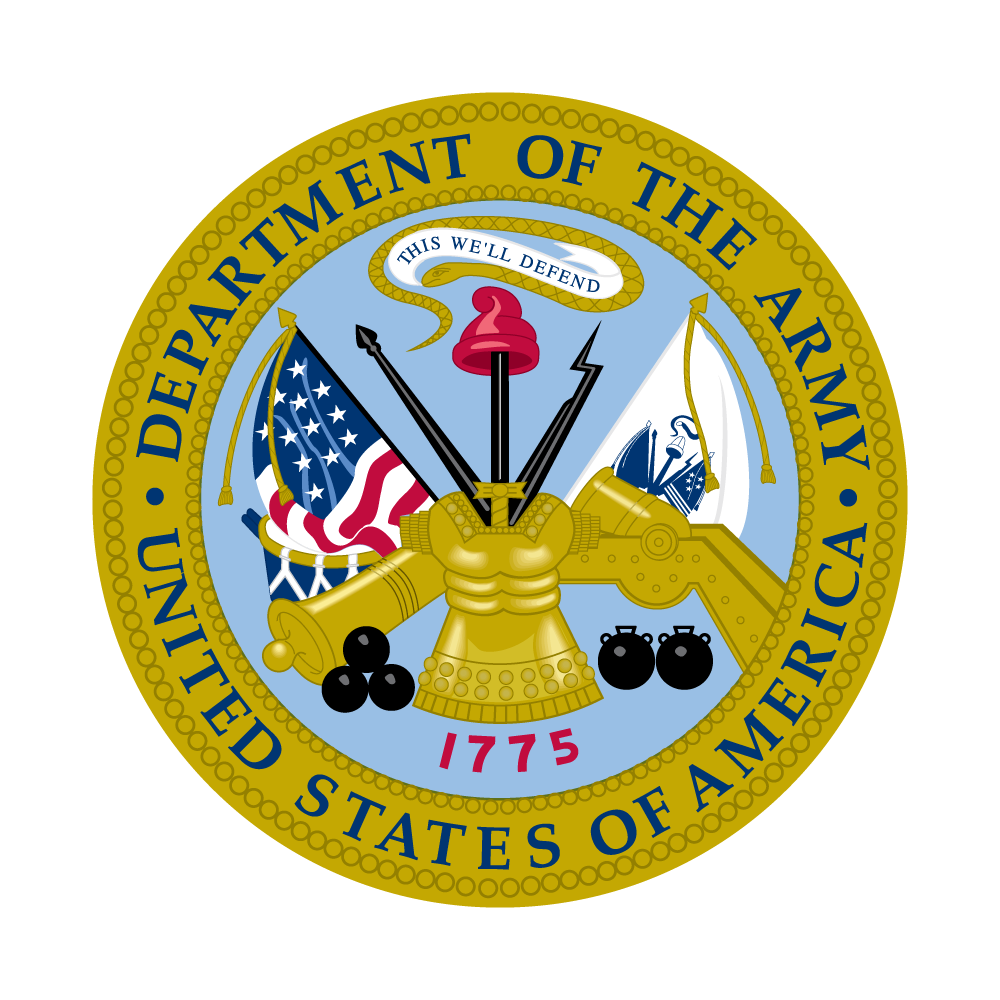World War II Honoree
World War II Veteran

Fred Morrison
Branch of Service
U.S. Army
Hometown
Phoenix, Arizona
Honored By
Frederick Morrison
Relationship
son

Lied about his age when drafted on October 16, 1940 while living in a flop house in downtown Phoenix, Arizona, claiming he was born October 12, 1921 in order to be at least 19 years old, a requirement of the "Selective Training and Service Act of 1940" that began on September 16, 1940. When asked for his birth certificate by the Army induction officer, he said that his records burned up in a fire and that he was (accurately) an orphan since the age of 12 (also true, since I never met his parents). He was shipped off by train from Phoenix to Texas (Fort Hood?) where he became a member of the 7th Calvary. I remember him telling me that was about the time the Army finalized the switch from horses to trucks and tanks. At the time of being drafted, the service requirement was only 12 months, but just before his 12 months was up, Congress extended the requirement an additional 18 months. To his dying days, my father insisted that "FDR knew we were going to war in 1940, which is why he extended us beyond the original 12 months". After war broke out, he was shipped from San Francisco to Sydney, Australia, on a converted ocean liner with thousands of men, so many that only 1/3 of them could sleep at a time. They sailed unescorted, because they were told that destroyer escorts would guarantee that Japanese submarines would know it was a troop ship and would sink it. I got the impression my father didn't fully buy into that explanation. Food on board that ship seemed to consist of "something plus potatoes" which meant a lot of his waking hours were spent peeling potatoes. Once in combat, my father's 5'2" stature apparently came in handy when it came to dodging bullets from the Japanese Imperial Army. The most significant action he was involved in was the liberation of the Philippines, beginning in October 1944. Once the war was over, he served occupation duty in Japan. I remember him telling me that he was very happy to be able to step off a boat onto the dock at Yokohama instead of coming in on an invasion craft as part of the planned "Operation Olympic" in November 1945 in which the first five waves of troops landing on the Japanese homeland were supposedly written off as casualties (according to my father).